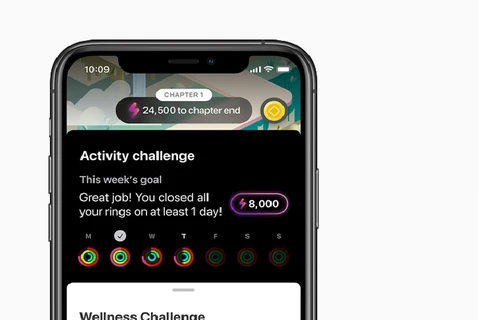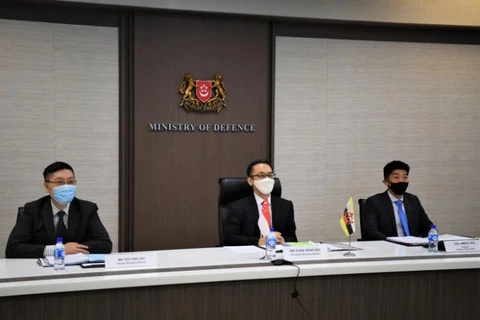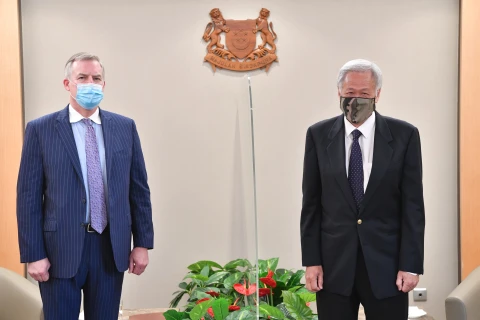Singapore (VNA) - A robot carrying out nasal swabbing to diagnose COVID-19 has been developed by Singaporean clinicians, who say the automated procedure is safe, faster and more comfortable compared with manual swab tests.
The machine, which is 35cm by 40cm, and 49cm high, was developed by clinicians from the National Cancer Centre Singapore (NCCS) and Singapore General Hospital (SGH), in collaboration with medical robotics company Biobot Surgical.
The team said the robot can address the limitations and risks of manual swabbing. It reduces swabbers' risk of exposure to the virus and the need for training people, standardises the consistency of swabs taken, and increases the efficiency of conducting swab tests.
Although similar robots have been developed in other countries, the made-in-Singapore bot was said to be the first that allows patients to fully control the swab process so they are more comfortable. Patients can activate and terminate the machine at will.
With the robot, the testing process takes 20 seconds, while a manual swab test can take twice as long.
To date, 85 patients and volunteers have participated in the ongoing clinical trial that compares SwabBot against manual swabbing. The participants’ feedback received was positive.
SingHealth and Biobot Surgical have filed a patent for SwabBot's technology. Biobot is also working to commercialise the robot./.
The machine, which is 35cm by 40cm, and 49cm high, was developed by clinicians from the National Cancer Centre Singapore (NCCS) and Singapore General Hospital (SGH), in collaboration with medical robotics company Biobot Surgical.
The team said the robot can address the limitations and risks of manual swabbing. It reduces swabbers' risk of exposure to the virus and the need for training people, standardises the consistency of swabs taken, and increases the efficiency of conducting swab tests.
Although similar robots have been developed in other countries, the made-in-Singapore bot was said to be the first that allows patients to fully control the swab process so they are more comfortable. Patients can activate and terminate the machine at will.
With the robot, the testing process takes 20 seconds, while a manual swab test can take twice as long.
To date, 85 patients and volunteers have participated in the ongoing clinical trial that compares SwabBot against manual swabbing. The participants’ feedback received was positive.
SingHealth and Biobot Surgical have filed a patent for SwabBot's technology. Biobot is also working to commercialise the robot./.
VNA
























